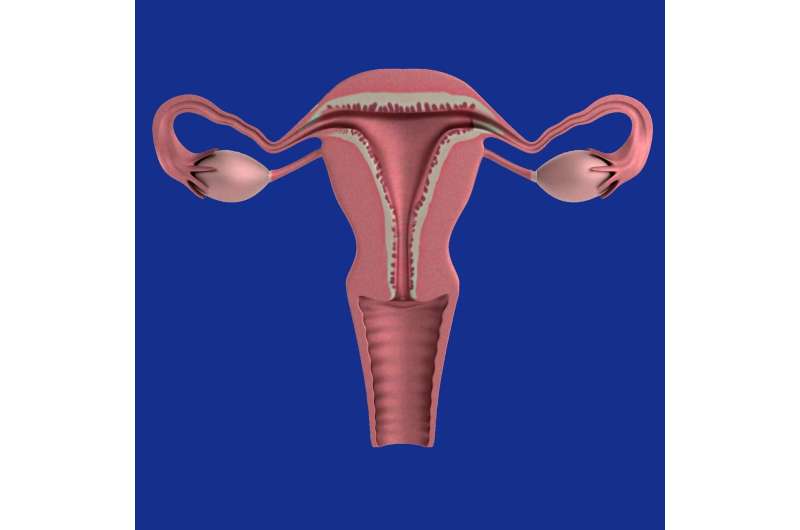Epigenetic Dysregulation in Early Embryos Provides Insights into Heritability of Polycystic Ovary Syndrome

New research reveals how epigenetic changes in early embryos from women with PCOS may explain inheritance patterns and offer future diagnostic and therapeutic options.
Recent research unveiled at the 41st annual European Society of Human Reproduction and Embryology (ESHRE) meeting sheds light on the epigenetic mechanisms underlying polycystic ovary syndrome (PCOS). The study highlights that embryos derived from women with PCOS exhibit a distinct "epigenetic memory," depicting specific alterations in gene regulation that could explain the familial inheritance pattern of the disorder.
Polycystic ovary syndrome affects approximately 10% of women globally, characterized by irregular menstrual cycles, elevated male hormones (androgens), and ovarian cysts. Despite its prevalence as a leading cause of infertility, its molecular roots and inheritance pathways are not fully understood. This investigation analyzed oocytes and pre-implantation embryos from 133 women diagnosed with PCOS and 95 women undergoing fertility treatments without PCOS. Utilizing ultra-low-input sequencing, researchers examined gene activity and epigenetic modifications—chemical markers that control gene expression without changing DNA sequences.
The findings demonstrated widespread disruptions in genes critical for early embryonic development, metabolic regulation, and chromatin structure in embryos from PCOS-affected women. Notably, the study identified abnormalities in retrotransposons—mobile genetic elements that need tight regulation to preserve genome stability—and epigenetic marks, especially three histone modifications (H3K27me3, H3K4me3, and H3K9me3) that influence gene activity. About half of the abnormal H3K27me3 patterns observed in day-three embryos were already present in the oocytes, indicating maternal transmission of epigenetic signals.
Importantly, treatments with PRC2 inhibitors like EED226 and valemetostat normalized some epigenetic marks and partially restored gene function in affected embryos. This suggests potential therapeutic avenues to correct epigenetic imbalances during early development. Dr. Qianshu Zhu emphasized that this histone mark, commonly studied in cancer biology, might also contribute to inherited PCOS, paving the way for novel embryo assessment and intervention strategies.
Currently, PCOS diagnosis relies mainly on hormonal assessments and ovarian imaging. The study proposes that epigenetic profiling, particularly of H3K27me3, could serve as a supplementary tool for early risk prediction and embryo selection in assisted reproductive technologies (ART), ultimately improving fertility outcomes. However, Dr. Zhu cautioned that findings from laboratory embryos need validation in animal models to establish long-term effects. Future research aims to manipulate these epigenetic marks in mice to determine if they influence PCOS-like traits in offspring.
This study offers promising insights into the molecular inheritance of PCOS and highlights the potential for targeted epigenetic therapies and diagnostics in reproductive health, opening new pathways for understanding and potentially preventing this common disorder.
Stay Updated with Mia's Feed
Get the latest health & wellness insights delivered straight to your inbox.
Related Articles
Exploring the Dual Role of Oxytocin: Love Hormone and Friendship Facilitator
New research reveals that oxytocin, often called the 'love hormone,' also plays a vital role in forming friendships and social bonds, offering new insights into social behavior and mental health.
New Research Reveals Deep Brain Regions Integrate Sensory Input to Trigger Consciousness
A groundbreaking Yale study reveals that deep brain regions like the midbrain and thalamus are activated by all sensory inputs during focused attention, linking them to consciousness and offering new insights into neurological disorders.
Significant Staffing Reductions in Federal Agency Threaten Local Healthcare Programs
Massive staffing reductions at a key federal health agency threaten the management and delivery of vital community health programs across the U.S., risking increased barriers to healthcare for vulnerable populations.



